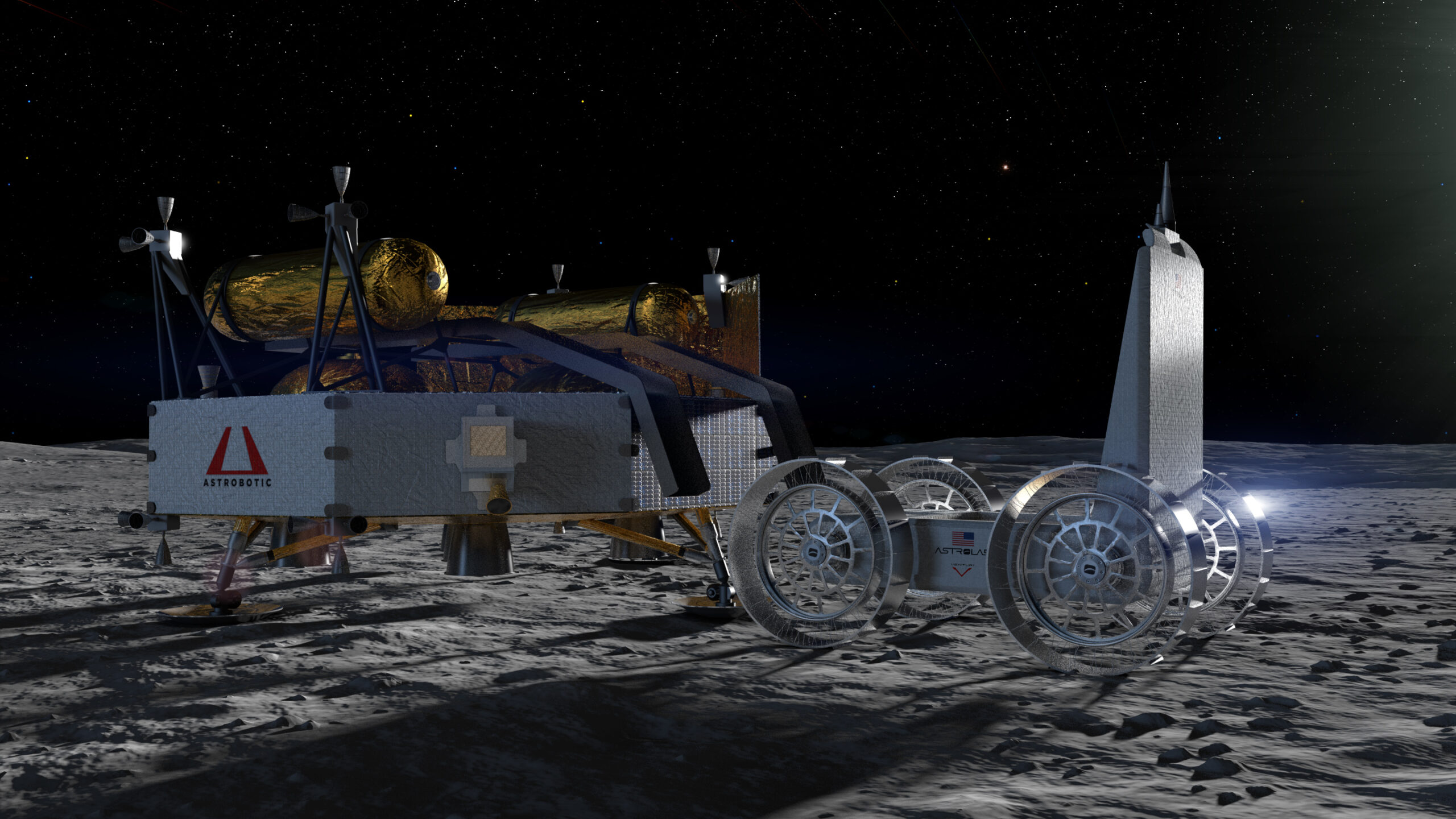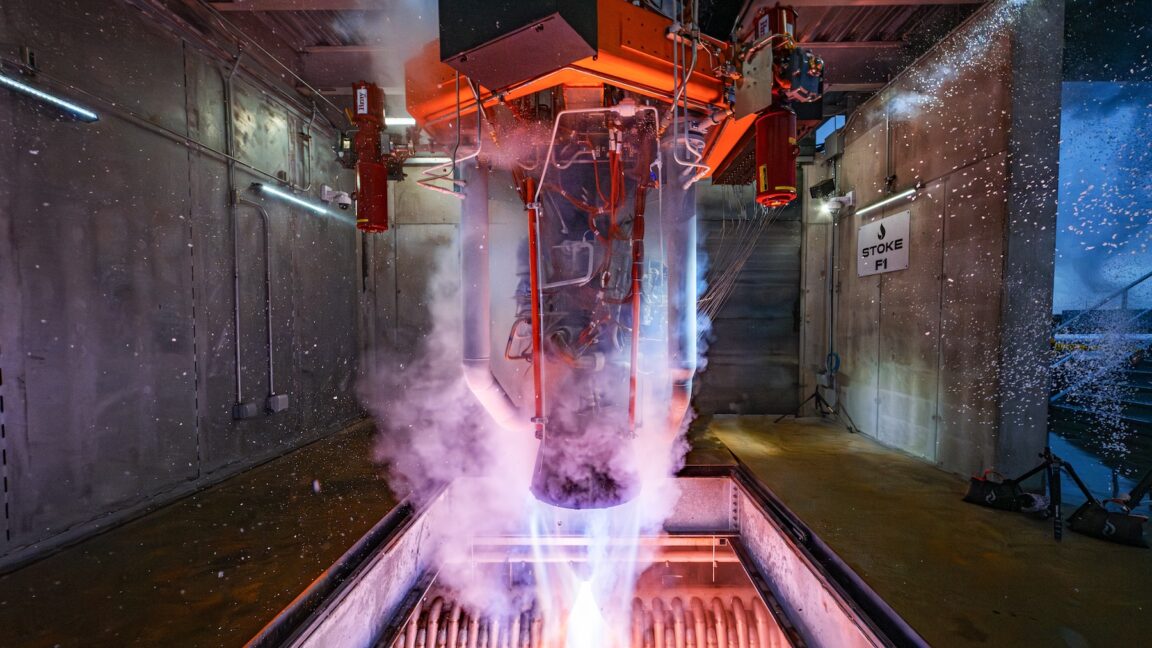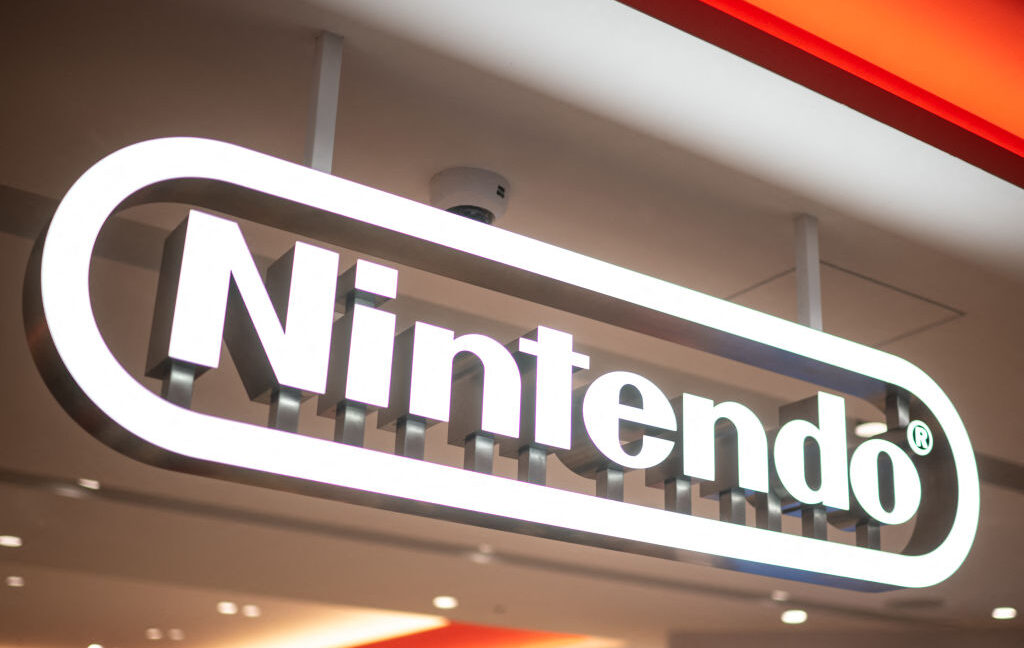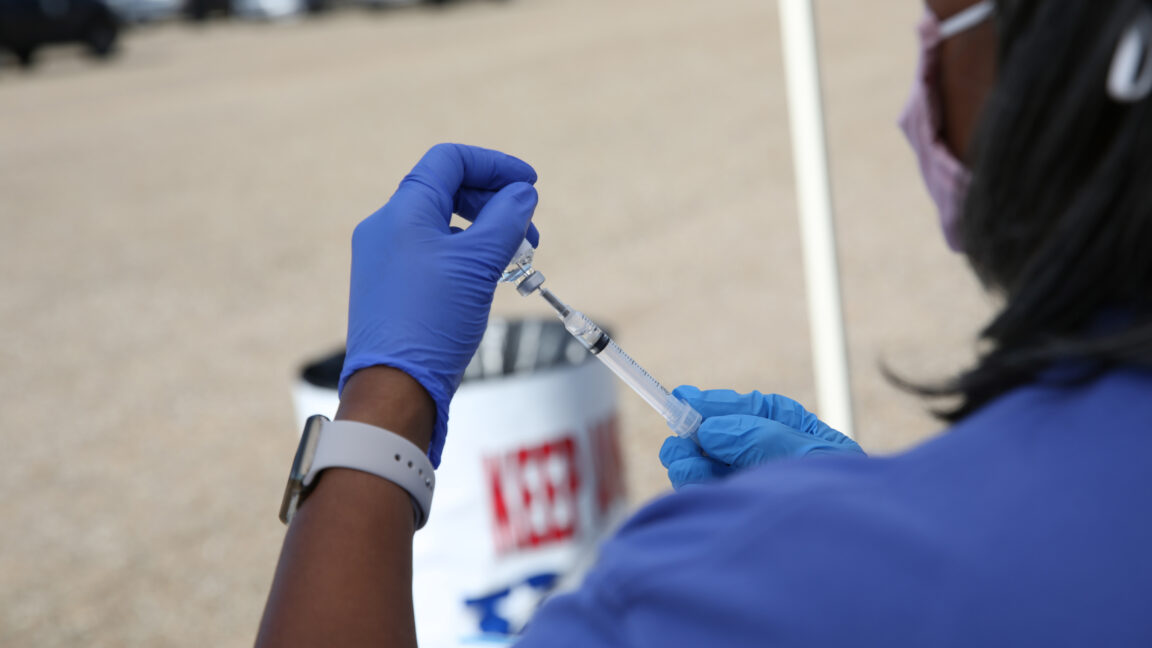After a wrenching decision by NASA, private lunar lander finds a new customer

Last year was not a good one for a lunar lander company based in Pittsburgh named Astrobotic. In January, the company's first spacecraft finally launched after years of delays, carrying dozens of payloads, scientific instruments, and time capsules. But within hours of launch, the Peregrine spacecraft developed a propellant leak in its propulsion system. Although the Astrobotic engineering team fought valiantly, they could not control the leak long enough to attempt a lunar landing. Instead, operators returned it to Earth's atmosphere, where it burned up. This immediately raised questions about Astrobotic's next mission. Its second spacecraft, Griffin, would be larger. The company had received a large "task order" from NASA to use this lander to deliver the VIPER robotic rover to the south pole of the Moon in 2025 worth more than $300 million. However, NASA officials were concerned that, after Peregrine's problems, the significantly more ambitious Griffin lander might fail. So in September, citing rising costs for VIPER and uncertainty about Griffin's readiness, NASA canceled the mission. It was a huge blow to the lunar community, although in recent months there has been some effort to revive VIPER. Regardless, Griffin no longer had a payload. "It was a tough year," John Thornton, CEO of Astrobotic, said in an interview. "Certainly the challenges we had with Peregrine were unexpected, and a big setback. Then of course when VIPER was removed, that was definitely a setback. Our team felt that."









